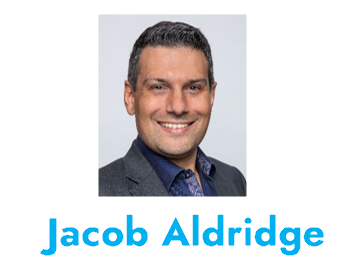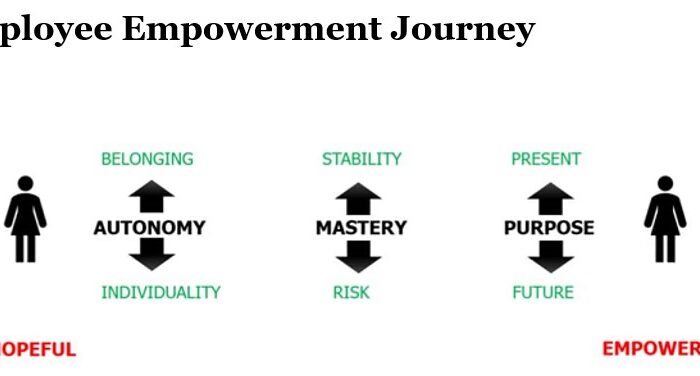Why You’re Perfect and Don’t Need to Change. In Blackboard Fridays Episode 81, Jacob talks about Leadership and Learning and Development. Need this implemented into your business? Talk to the international business advisor who can do exactly that – Contact Jacob, Learn More, or Subscribe for Updates.
You know the cliche: The only thing in business that won’t change, is the fact that everything will change. So have you ever wondered why some changes are easy … while for others, even making the decision to shift is so hard?
While executing change has its own challenges (as we discussed when we talked about Why Project Management Sucks, often it’s even earlier in the process that we hit the first roadblock.
And that’s the focus of this week’s episode, which you can watch here. With some obvious examples like quitting smoking and exercising more, it becomes clear that “Awareness” a change needs to happen is never sufficient for the strange, emotional creatures that we all are.
Which of your best ideas are stalling because they lack the emotional punch to move further through this process?
Who is Jacob Aldridge, Business Coach?
“The smart and quirky advisor who gets sh!t done in business.” Back independent since 2019.
Since April 2006, I’ve been an international business advisor providing bespoke solutions for privately-owned businesses with 12-96 employees.
At this stage you have proven your business model, but you’re struggling to turn aspirations into day-to-day reality. You are still responsible for all 28 areas of your business, but you don’t have the time or budget to hire 28 different experts.
You need 1 person you can trust who can show you how everything in your business is connected, and which areas to prioritise first.
That’s me.
Learn more here. Or Let’s chat.
Transcript
Good day, Blackboarders! A theme you’ve probably sensed in 80 episodes of Blackboard Fridays is that we’re talking a lot about change. Specifically, we’re trying to help you, the aspirational business owner, to work out which parts of your business aren’t working for you today and what exactly it is that you need to change in the simplest possible way in order to propel you towards your vision.
Today I’m gonna talk about the missing step that stops a lot of people, and ultimately every business is run by a person, from going through that change process.
Now you might remember we talked about the imposter syndrome. We looked at three layers of learning: inspiration, strategic design, and execution, that unless we get that inspiration, we don’t make a choice to do something different and unless we spend some time designing the change, we never fully execute. So it could be said that each of those is a missing step.
For some business owners, they’ll never get the inspiration. They don’t spend enough time on the strategy or they don’t actually bother to execute. For me though, there’s one step that sits above those, that’s often overlooked in a change management process.
It’s linked to the importance of feelings and emotion on business owners, particularly in the SME and private enterprise world. I’m gonna use a really obvious example that I imagine most of us could connect to, quitting smoking. We, for the most part, all know somebody who has or at some time has wanted to quit smoking.
Now we just look at these four steps, it should be really obvious to them that they need to quit smoking. I mean, how much more awareness does the person in today’s modern age need to know that smoking is bad for you? How much more awareness can we give them so that they understand that they need to make a different choice? And yet people don’t.
On a more personal level, I can use exercise as a great example. I’m well aware of the benefits of exercise and the fact that I need to exercise more. However, I’m yet to make a choice to actually join a gym, take up running, or go to a personal trainer. And it’s because of this missing step. And the missing step is acknowledgement. Me as an individual, the smoker as an individual, and you as an individual business owner, at some point in the change process need to acknowledge emotionally, on a personal level, that this change is necessary.
As long as I continue to think that I’m young and healthy and I have plenty of time to lose weight, I’m not going to acknowledge that that’s not the case and make a different choice. As long as the smoker thinks it’s going to be okay, they’ll be the exception to the rule, or they’ll quit at some point in the future, as long as they fail to connect emotionally and acknowledge that they need to make a change, they’re never going to.
If you as a business owner think that your sales process is satisfactory you’re not going to improve your conversion rates. If you think your growth plan is kind of okay, you’re not going to map out a capacity process that’s going to give you more dollars. If you think that the team you hire are always going to be lousy, you’re never going to implement a better recruitment process or a stronger culture. As business owners, there’s only so much we can do each day and so we listen to our emotions.
The challenge is, most people trying to change you, trying to change me, trying to get that smoker to quit, focus on the awareness. They assume I’m not at the gym because I just don’t understand, I’m not aware of the benefits, that the reason you’re not investing in a growth plan is ’cause you don’t know the benefits of it. Of course you do. You’re not an idiot. You’re running a successful business. You’ve got better things to do.
Until you understand how some of those things are holding your business back, until you emotionally engage with them and go we need to do something different or this business isn’t gonna be here, my vision isn’t going to be realized, until you have that engagement, you’re not actually going to make a choice, not with any seriousness.
Of course if you don’t make the choice then you’ll never design the strategy and you’ll never execute. With your team, don’t make this mistake. And with yourself, don’t make the mistake either. Listen to your feelings. Understand what they’re telling you. Acknowledge what is so. Then make a different choice, design, and execute. And change will happen for you.
Next Steps
Want to learn more about how this can apply to your business? It costs nothing to chat:
- Email me jacob@jacobaldridge.com (I read them all)
- Call, Text, or WhatsApp me +61 427 151 181
- Or just Subscribe https://jacobaldridge.com/about/subscribe-to-jacob-aldridge-com/ to stay in touch





[…] Episode 81, The Missing Step in the Personal Change Process – https://jacobaldridge.com/business/why-youre-perfect-and-dont-need-to-change/ […]